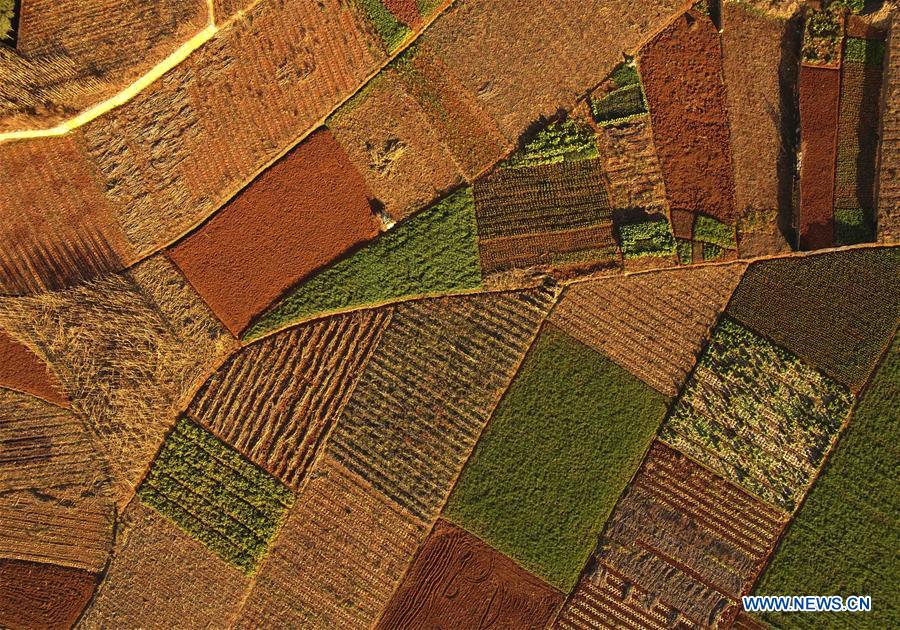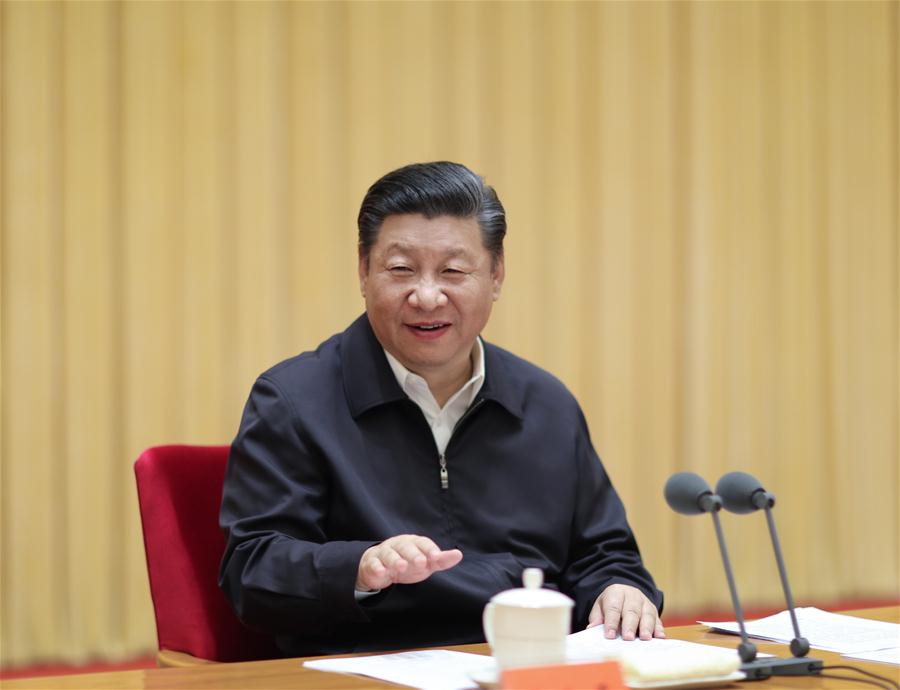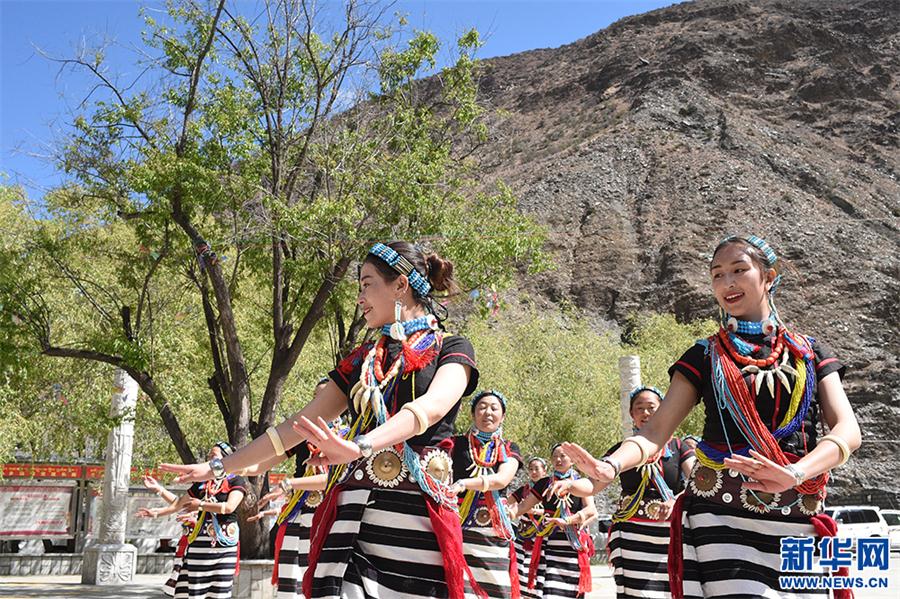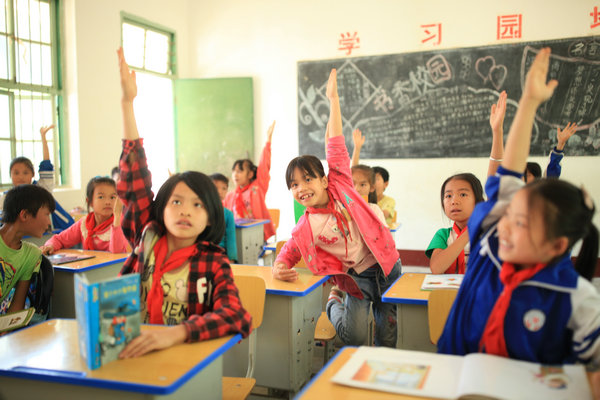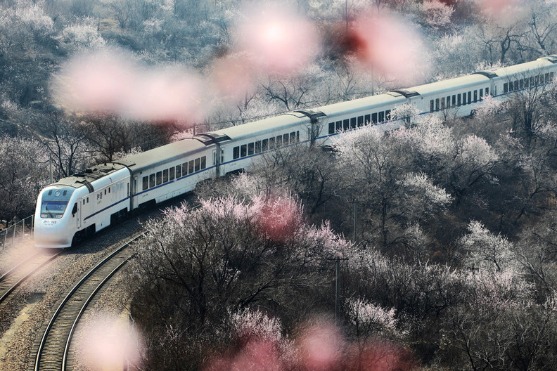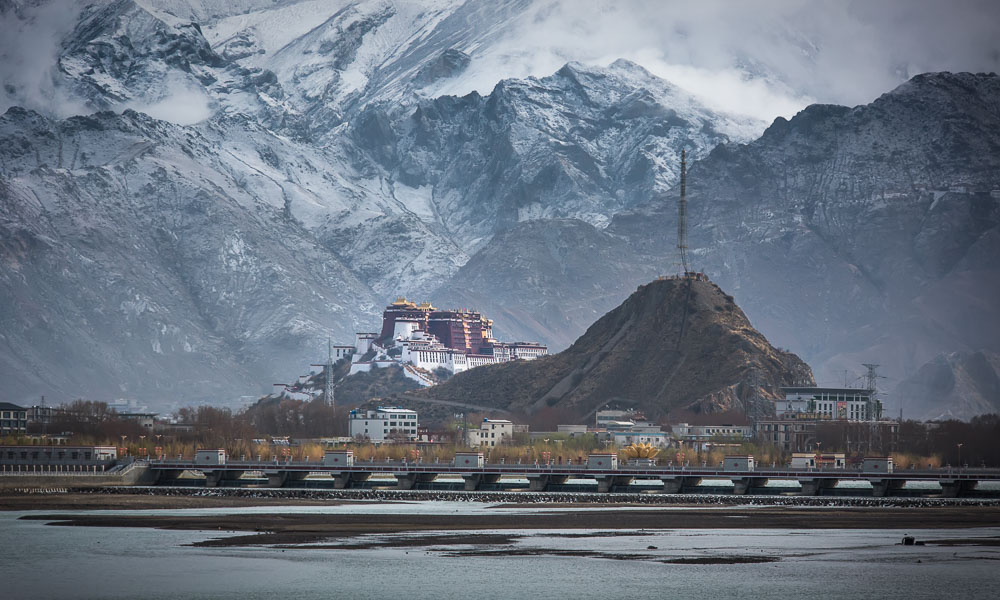China braces for "tough tasks" in rural development
2019-02-21 10:07:00Xinhua
Stronger policy support is in the pipeline to shore up China's rural areas and agriculture as the central authorities aim at tackling the "tough tasks" in their development.
For 16 years in a row, the country's "No. 1 central document," the first policy statement released by the central authorities each year and seen as an indicator of policy priorities, focused on agriculture, rural areas and farmers' issues.
Coming at a time when the Chinese economy faces increased pressure, the document, made public Tuesday by the Communist Party of China Central Committee and the State Council, called agriculture, rural areas and rural people as "the ballast stone," stressing their role in the country's efforts to "win the upper hand in effectively handling risks and challenges."
"In a complicated situation with growing downward pressure on the economy and profound changes in the external environment, it is of special importance to do a good job in work related to agriculture, rural areas and farmers' issues," said the document, which noted, "quite a few tough tasks to fulfill."
Rural development is also key to the country's bid to complete the building of a moderately prosperous society in all respects by 2020. To eliminate poverty is part of this goal, and much of it rests on progress in rural areas.
"There are only two years left for us to finish building a moderately prosperous society, making rural work an urgent task," said Ye Xingqing, a researcher on rural economy at the Development Research Center of the State Council.
Eradicating poverty, improving the rural living environment and ensuring grain supply are all indispensable parts of the moderate prosperity blueprint, Ye said.
IMPROVE THE WEAK LINK
After decades of industrialization and urbanization, China still has about 560 million rural residents.
Despite drastic changes in the past years of economic growth, China's rural regions still lag demonstrably behind cities in terms of income level, living environment and public services. They also have a huge growth potential that is yet to be fully tapped.
Chen Wensheng, a researcher with the Hunan Academy of Social Sciences, believes this year's No.1 central document showed the Party's "consistent effort to attach great importance to the rural work and firm resolve to improve the weak link of rural development."
Work has been done to channel more funds to the countryside in recent years, with increasing fiscal input and a growing number of rural financial institutions. Rural areas, however, remain financially underserved.
Tuesday's document pledged to prioritize fiscal support and financial services for rural and agricultural development, noting that new loans at the county level should be primarily used for rural vitalization, a strategy proposed in 2017.
Total investment in rural vitalization is likely to exceed 7 trillion yuan (about 1.05 trillion US. dollars), said Yu Xinrong, vice minister of agriculture and rural affairs, at a forum last month.
"By prioritizing agricultural and rural development, the government will tilt towards the sector in financial input, industrial layout, employment, infrastructure and public services, and gradually solve the urban-rural imbalance," said Kong Xiangzhi, a professor with Renmin University's School of Agricultural Economics and Rural Development.
FIGHT POVERTY
The rural regions are the central battlefield in the country's fight against poverty.
China is making fast progress towards eliminating poverty, with the number of impoverished rural residents declining from nearly 100 million in late 2012 to 16.6 million by the end of 2018. It will only get harder to help those left get rid of poverty.
Yang Chang, an economist with Zhongtai Securities, anticipates the continued intensity of policy support for rural poverty reduction as the fight has entered a decisive stage.
The focus will be put on providing assistance to areas of extreme poverty, via favorable policies ranging from major projects, poor resident relocation, finance and nurturing of talent, according to the document.
Moreover, it demanded "strategic thinking on the post-2020 period after the goal of poverty reduction is accomplished."
"This means even if the current goal is fulfilled, the mission of fighting poverty will continue," Yang said.
ENSURE FOOD SECURITY
As in previous years, Tuesday's document again stressed sufficient supply of farm produce, which is critical for a nation with the world's largest population and upgrading food demand.
After years of increases, China's grain output edged down in 2018, when 657.9 million tonnes of grains were produced, down 0.6 percent from 2017, official data showed.
Efforts will be made to ensure that the country's grain planting area remains steady at 1.65 billion mu, or 110 million hectares, and the area of arable land is kept above 1.8 billion mu, as well as to develop 800 million mu of high-standard farmland by 2020, according to Tuesday's document.
The document also said the country would move to optimize agricultural structure, boost production of green agricultural products or those in short supply, and roll out plans to increase soybean planting and support the dairy industry.
"To tackle pressure in the global trade of farm produce, it is necessary for us to increase the output of agricultural products, improve their quality and lower their costs," said Zhu Xinkai, an agricultural economist and vice president of Renmin University.
Calling agriculture "a weak industry" in China, Minister of Agriculture and Rural Affairs Han Changfu urged to improve supportive system for agriculture in an interview with the People's Daily.
Policy support should be "in line with the World Trade Organization rules and the requirements of the supply-side structural reform" and "steer the agricultural sector towards high-quality, green development," Han stressed.
Tibet Stories
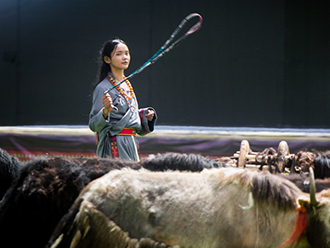
Six wishes of a "horseback doctor"
Tamdrintso said that she hopes the state shall issue policies for village doctors in remote ...
